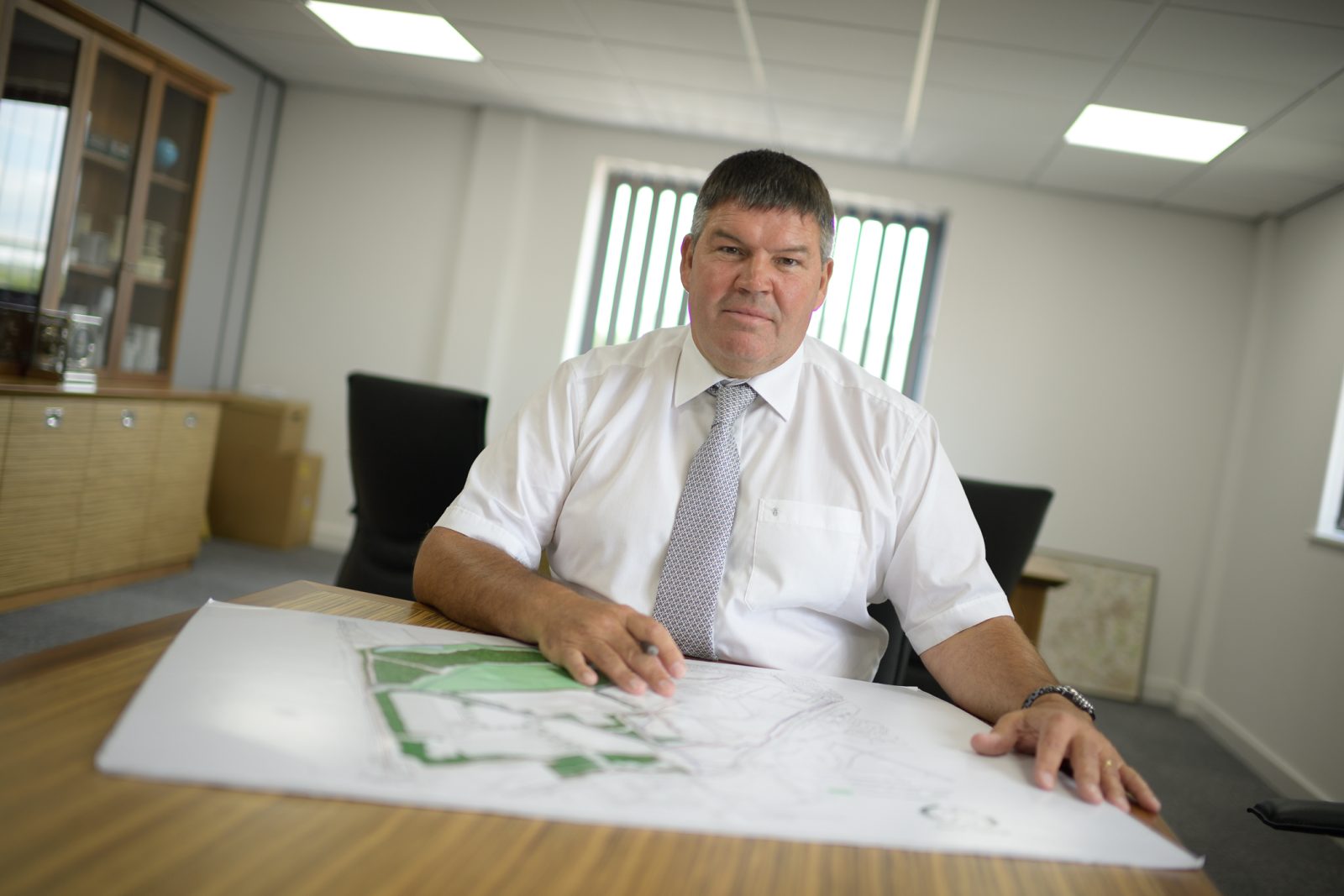Are ‘green’ credentials misleading?

By Roger Hartshorn, CEO, Sheerline.
Over recent years, ‘eco-friendly’ has become a popular selling point in the fenestration industry. But how many companies are truly sustainable – and how many are engaging in greenwashing?
As environmental targets tighten and consumers demand transparency, it’s clear that some brands are presenting a green image while obscuring the true environmental cost of their operations. In the UK sector, where materials can travel vast distances, the temptation to gloss over less sustainable practices is strong.
Moving a problem?
A recent BBC article reported that, from 2026, hundreds of thousands of tonnes of landfill waste will be moved from Scotland to England – a move that may meet Scotland’s targets on paper but simply shifts the environmental burden elsewhere. It’s an uncomfortable parallel for our industry: are we outsourcing our environmental responsibilities too?
The supply chain question
In the UK aluminium window and door systems market, this issue is especially pertinent. Many brands claim strong green credentials while sourcing aluminium extruded abroad – often from Spain, China or the Middle East – and shipping it thousands of miles to the UK.
Sometimes the origins are even murkier. After the invasion of Ukraine, the EU banned Russian metal imports. Yet it appears that Rusal, a major Russian aluminium producer, continued supplying Europe through a Spanish subsidiary. UK customers may have believed they were buying European aluminium, while unknowingly receiving Russian material, until the loophole was closed in 2024.
Long, opaque supply chains conceal significant embodied carbon – the total emissions from material extraction, manufacturing, and transport. Despite the environmental impact of importing heavy aluminium profiles, some companies still claim to be ‘green’ or ‘British-made’ because the final product is finished in the UK. In my opinion, that’s greenwashing.
The risk of greenwashing
As regulations evolve and embodied carbon reporting becomes mandatory for construction projects, inconsistencies will be exposed. Developers, specifiers, and architects are already asking tougher questions about lifecycle emissions.
Companies that fail to offer transparency risk reputational damage, loss of trust, and exclusion from environmentally conscious projects.
Authentic sustainability
In contrast, Sheerline – the aluminium window and door brand we launched in 2020 – was built with sustainability at its core. We invested heavily in a fully integrated, UK-based manufacturing plant in Derbyshire, sourcing aluminium from a UK smelter in Wales. This not only cuts transport emissions but offers full material traceability.
Our sustainability strategy isn’t just about image – it’s about control, accountability and measurable impact. By extruding aluminium in-house and working with local suppliers, we ensure consistency in quality and environmental standards. The result: a product range with significantly lower embodied carbon compared to imports.
We’re also preparing to introduce low-carbon aluminium options and circular economy initiatives, such as closed-loop recycling. On top of this, we’re working towards achieving full Environmental Product Declarations (EPDs) across our product range.
Why EPDs Matter
EPDs are increasingly important in helping specifiers compare products on a like-for-like environmental basis. They also support compliance with sustainability certifications such as BREEAM and LEED and will help customers meet embodied carbon reporting requirements.
By investing in energy-efficient manufacturing and pursuing EPDs, Sheerline is not just complying with future regulations – we’re setting the benchmark.
The fenestration industry must be honest about the true environmental impact of its materials. Are foreign extrusion plants powered by renewables or coal? Do they follow environmental and labour standards equivalent to the UK?
And what of the environmental cost of transport? Without full visibility, specifiers can’t make informed decisions.
Sustainability requires honesty
Just like moving landfill waste doesn’t solve the environmental problem, claiming to be sustainable while importing carbon-intensive materials doesn’t make a business green. True sustainability means being honest about where materials come from and how they’re made.
Greenwashing doesn’t just harm the planet – it can damage trust in our industry and punish those investing in real solutions. As expectations rise, only those companies with nothing to hide will thrive.
If you’d like to speak to me or any of the Sheerline team about how we can help you meet your environmental goals, get in touch.